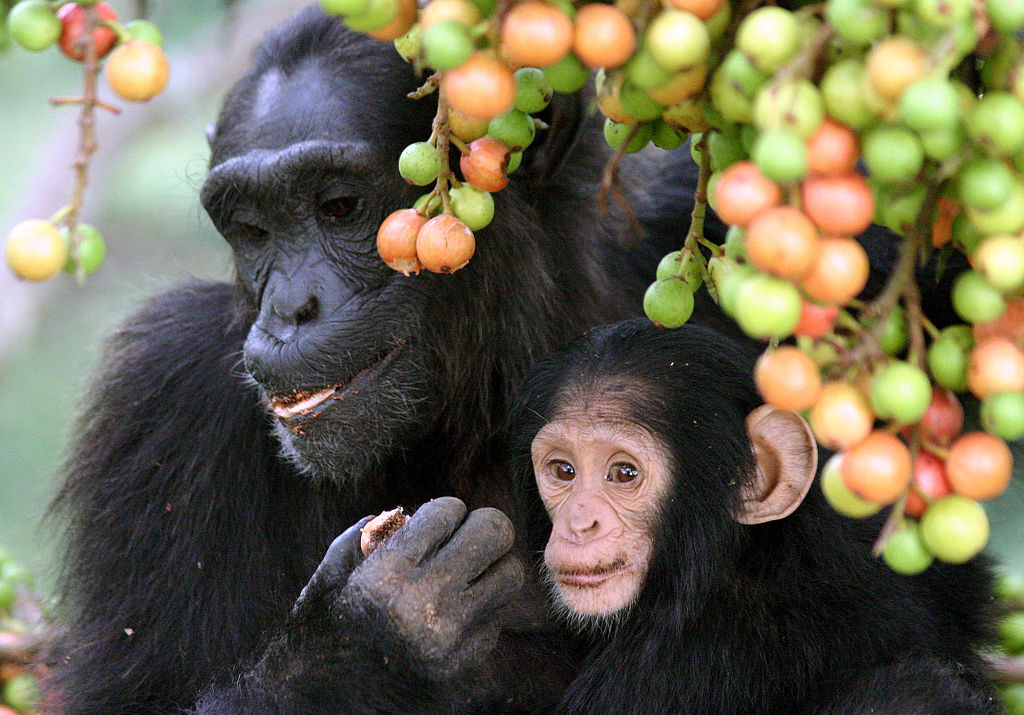Claim: Research Shows That Animals Have a Moral Sense
We are informed at Nautilus, the Templeton Foundation’s magazine, that “ It’s time to take moral emotion in animals seriously.” Really?Philosopher James Hutton starts out his article as a sort of a “trick.” He describes the animals he works with as if they were colleagues.
Then, in paragraph four, he announces, “But there are a couple of important details about Amy and Sidney that you should know. The first is that they aren’t workers in any conventional sense, but participants in an experiment.”
Coming to the point, they’re dogs.
And anyone who had been reading carefully would realize that they were animals, probably dogs or horses.
But now here is the supposed big revelation from the University of Vienna experiments Hutton describes:
The first big idea is that the moral attitudes of human beings are thoroughly emotional in nature. Of course, we sometimes draw ethical conclusions by reasoning, carefully thinking through the implications of the principles we believe. This, for example, is how many of us have come to recognize that innocuous-seeming activities like catching a plane have weighty ethical significance. But other times we just have an intuitive sense of what’s right and what’s wrong. You can often just see that someone’s behavior is kind, cruel, uncalled-for, or unfair, without having to derive this conclusion from some deeper moral principle. This intuitive moral sense is what enables us to make moral judgments on the fly, to navigate nuances of rightness and wrongness that are difficult to codify in abstract rules and, sometimes, to see shortcomings in the moral principles with which we have been brought up.
James Hutton, “Animals Feel What’s Right and Wrong, Too” at Nautilus (April 13, 22)
Actually, human beings reason things through all the time. It’s called “conversation.” It involves emotions but also abstract thought and moral choice.
In order to come to this conclusion, Hutton must ignore the advice of chimpanzee expert Frans de Waal:
“I am reluctant to call a chimpanzee a ‘moral being,’” he wrote in The Bonobo and the Atheist: In Search of Humanism Among the Primates. “This is because sentiments do not suffice. There is little evidence that other animals judge the appropriateness of actions that do not directly affect themselves. Moral emotions are disconnected from one’s immediate situation. They deal with good and bad at a more abstract, disinterested level.”
James Hutton, “Animals Feel What’s Right and Wrong, Too” at Nautilus (April 13, 22)

That doesn’t make Hutton wrong but it should instill caution in the rest of us. He prefers this sort of thing instead:
In Wild Justice: The Moral Lives of Animals, [cognitive ethologist Marc Bekoff and philosopher Jessica Pierce] write, “Can we draw a line that separates species in which morality has evolved from those in which it hasn’t? Given the rapidly accumulating data on the social behavior of numerous and diverse species, drawing such a line is surely an exercise in futility, and the best we can offer is that if you choose to draw a line, use a pencil. For the line will certainly shift ‘downwards’ to include species to which we would never have dreamed of attributing such complex behaviors.”
James Hutton, “Animals Feel What’s Right and Wrong, Too” at Nautilus (April 13, 22)
Sure, we could do all that if there was really any evidence of moral reasoning (as opposed to evidence of some people having too much time on their hands).
But here’s the problem: A moral sense goes hand in hand with moral (and legal) responsibility. Are we prepared to hold chimpanzees responsible for the murder of other chimpanzees?
Isn’t it far more likely that the people who indulge in this sort of thing would want to deny moral (and legal) responsibility to humans than that they would wish to attribute it to chimpanzees? Perhaps that is what this is really all about.
You may also wish to read:
Denying free will is totalitarian. Specifically, Egnor told podcaster Lucas Skrobot, “The denial of free will is the cornerstone of totalitarian systems.” (Michael Egnor)
and
The real reason why only human beings speak. Language is a tool for abstract thinking—a necessary tool for abstraction—and humans are the only animals who think abstractly. (Michael Egnor)
